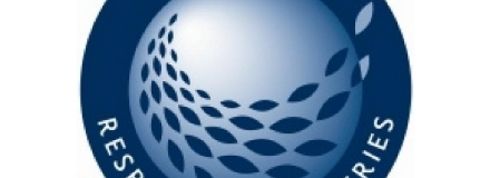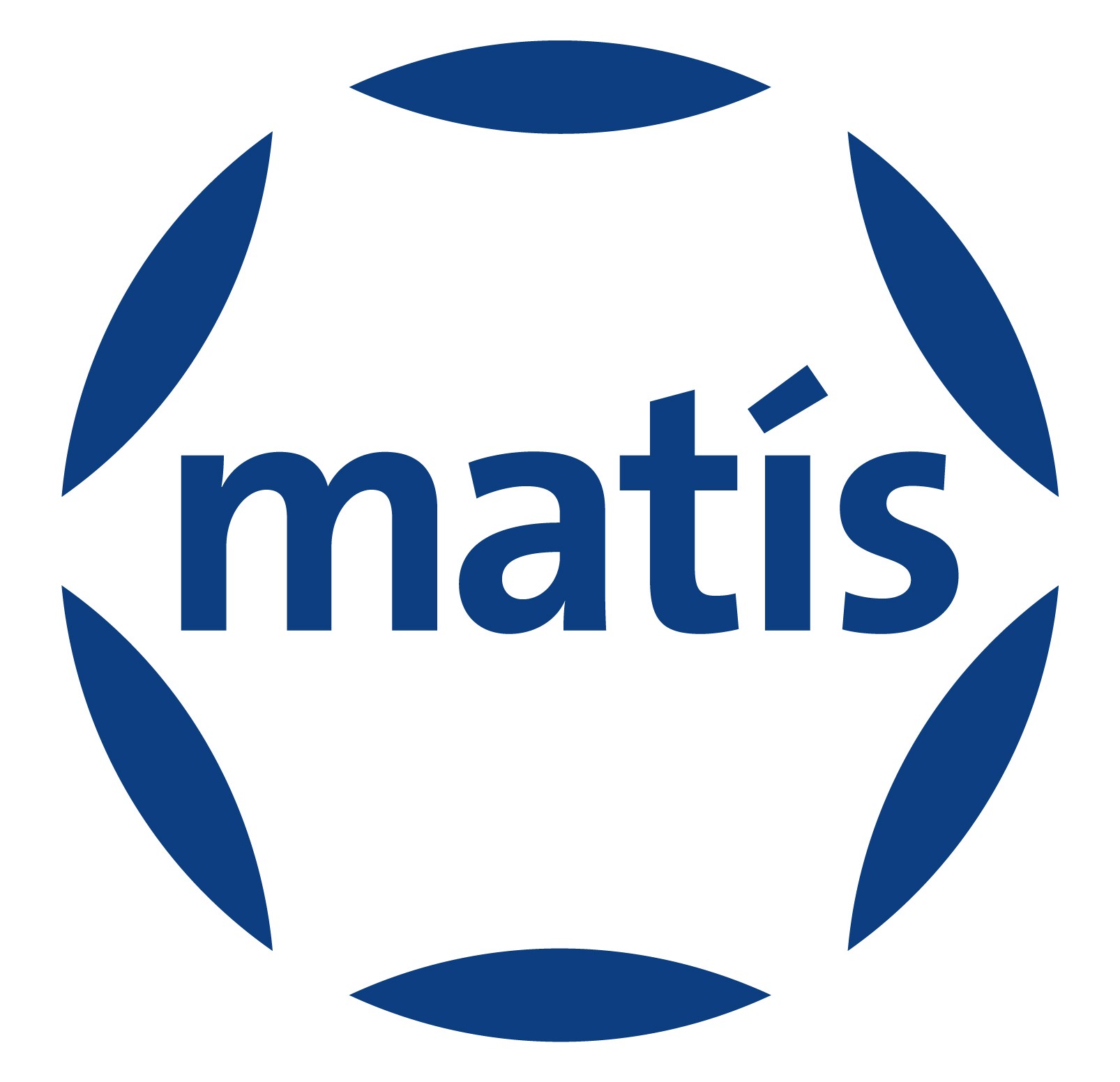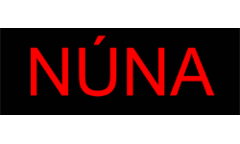The Technology Development Fund allocates grants - Matís in collaboration
The Board of the Technology Development Fund decided at its meeting, on Tuesday 25 November 2008, with whom to enter into agreements on support from the fund.
The Technology Development Fund allocates grants - Matís in collaboration Nánar »








